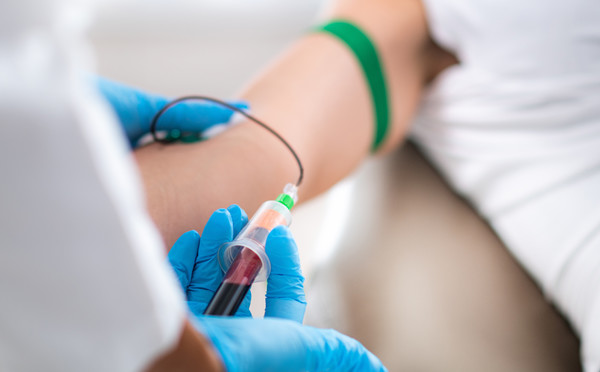Shares of CHA Vaccine Institute rose sharply on Monday, pushed up by news reports of global acute child hepatitis cases.
The institute’s stock price jumped 24.65 percent to close at 8,640 won ($6.99) on Monday, and the price once shot up to the daily limit of 9,000 won during the intraday trading.

The Kosdaq-listed company said it did not know why the stock price increased rapidly, adding that it did not disclose any new information.
Industry watchers said the news reports of acute child hepatitis cases could have driven up CHA Vaccine Institute’s shares. The news reports said the WHO received 650 reports of possible cases of acute hepatitis in children with unknown causes around the world. One probable case was also reported in Korea on May 10.
CHA Vaccine Institute case is similar to some vaccine developers who drew much attention from investors after the news of the possibility of the global spread of the monkeypox.
CHA Vaccine Institute is developing CVI-HBV-002, a therapeutic vaccine to cure hepatitis B. The institute is conducting a phase 2b trial in Korea and plans to release the outcome in 2023.
The institute is also testing CVI-HBV-002 as a preventive vaccine for people who did not respond to an existing hepatitis B vaccine in a phase 1 study. In February, the institute ended patient enrollment. Analysts said the company could release the study results within the first half.
However, even industry officials warned against making an investment decision only after hearing about the spread of an infectious disease.
“We need to be cautious about determining whether the infectious disease would spread globally,” an official at an IR division at a biotech company said. “Unlike the Covid-19 situation in the past, heightened interest (in vaccine developers) will not continue long. Investors must have experienced the so-called ‘learning effect.’”

